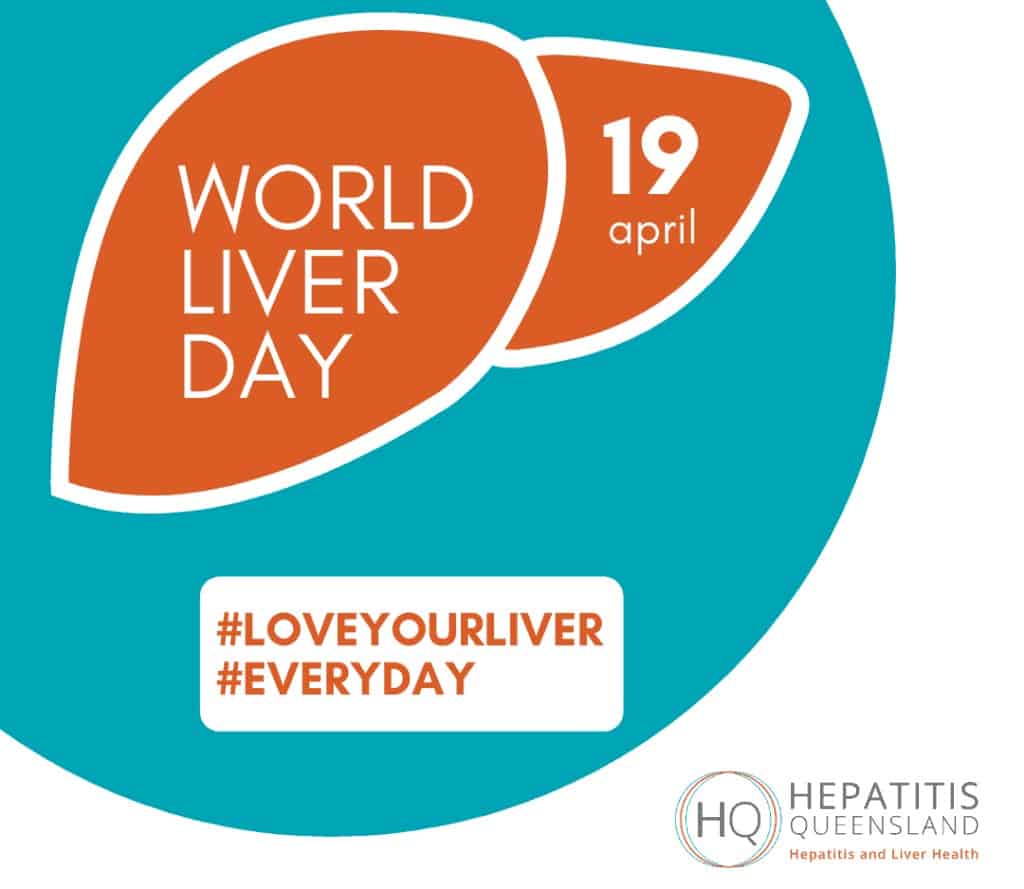Love your liver this World Liver Day—and every day.

World Liver Day is observed on 19 April to raise awareness of the importance of liver health and its impact on your overall health and wellbeing.
Not only is your liver the largest organ inside your body, but it is also one of the body’s hardest-working organs: filtering good from bad, making and storing vitamins and minerals, and assisting with hormone production which can help regulate our mental health and blood sugar levels.
The liver manufactures, stores, and processes everything you put in your body, including food, alcohol, medicine, or toxins, which can come from our environment, food, cosmetics and cleaning products. A healthy human liver also holds about a two-year store of Vitamin A, which is responsible for boosting your immune system, supporting growth and strengthening your vision.
Think of your liver like an elastic band—it can only stretch so far before showing signs of stress or damage. The leading causes of liver damage include hepatitis viruses, fatty foods, heavy alcohol use and obesity. Over time, this can result in permanent liver damage and increase liver disease and cancer risk.
Metabolic Associated Fatty Liver Disease is a condition where fat builds up in the liver and is the most common type of chronic liver disease in Australia. In 2019, it was estimated that 1 in 5 Australians had Metabolic Associated Fatty Liver Disease—that’s 5.5 million of us, yet it’s preventable.
Tips for loving your liver
In many cases, lifestyle changes can help reverse or stop the progression of fatty liver disease.
- Achieve or maintain a healthy weight. Gradual safe weight loss can play an important part in helping to reduce liver fat. It is normal for the liver cells to retain a small amount of fat, however, it is the excess of fat (usually more than 5%) that defines your liver as “fatty liver.” Keeping your liver healthy by reducing fat in the liver is important, and fatty liver is completely preventable. Tips to maintaining a healthy weight:
- Eat a healthy, well-balanced diet. Eat plenty of vegetables, choose whole grain bread or cereals high in fibre, eat regularly fish, nuts, seeds and oils and limit processed foods and sugary foods and drinks. Some studies show that sugar can be as damaging to the liver as alcohol, even if you’re not overweight. It’s one more reason to limit foods with added sugars, such as soft drink, pastries, and lollies.
- Exercise regularly. Exercise improves your overall health and wellbeing and helps maintain a healthy body weight.
- Limit alcohol intake. Heavy alcohol use can permanently damage your liver and its ability to function. It is recommended that adults have no more than two standard drinks per day with at least two alcohol-free days per week.
- Quit smoking.
- Control your diabetes if you have it. Keep your blood sugar levels under control.
- Ask your GP for a liver health check and hepatitis test. Viral hepatitis often has no symptoms but left untreated, can lead to liver damage, cirrhosis, and liver cancer.
- Ask for a referral to a dietitian or exercise physiologist for practical advice on food and nutrition and exercise.
By loving your liver and improving its health, you stand to reap a wide range of health and wellbeing benefits including improved infection and disease control, increased energy levels and improved mental health.
To learn more about liver health or hepatitis, contact Hepatitis Queensland on 1800 437 222 or www.hepqld.asn.au or https://www.healthdirect.gov.au/fatty-liver or Nutrition in Metabolic Associated Fatty Liver Disease



